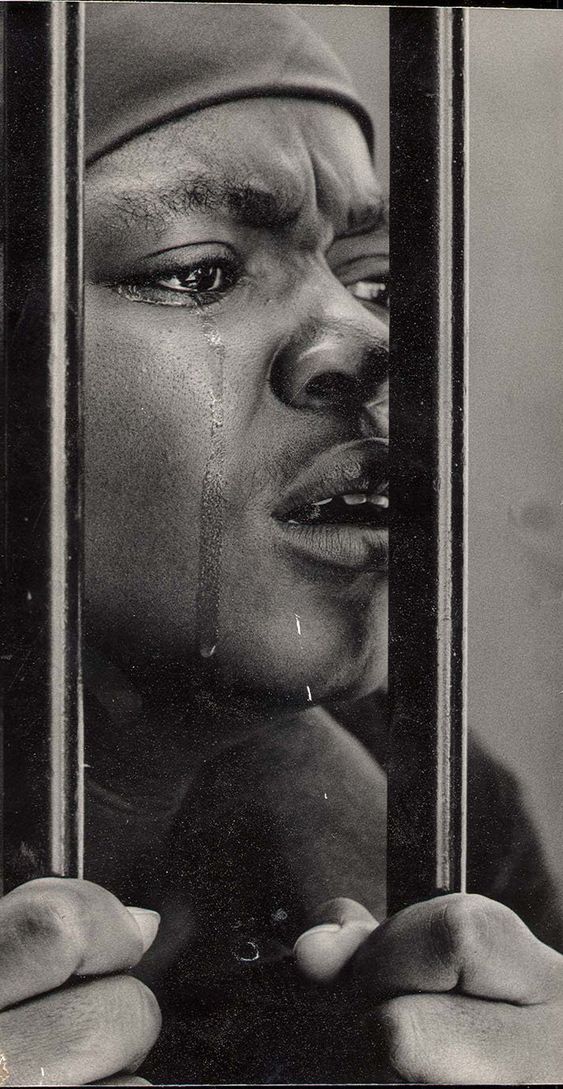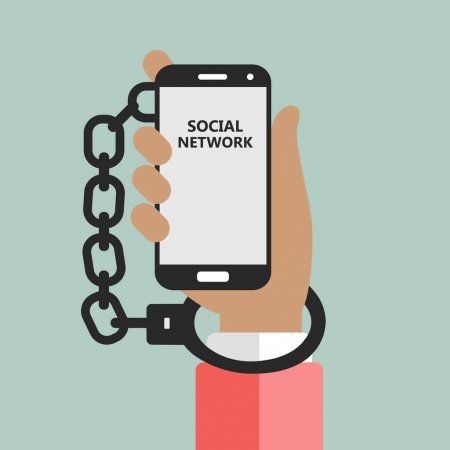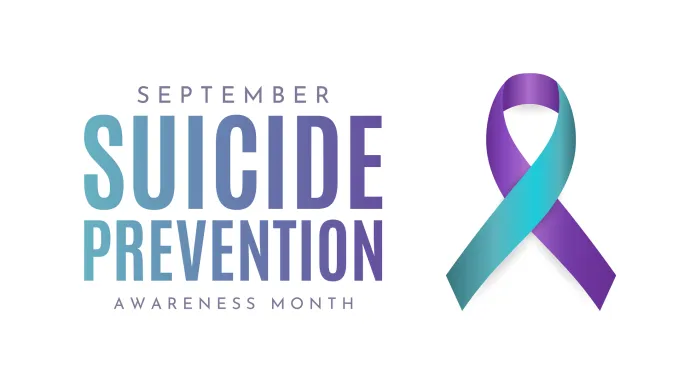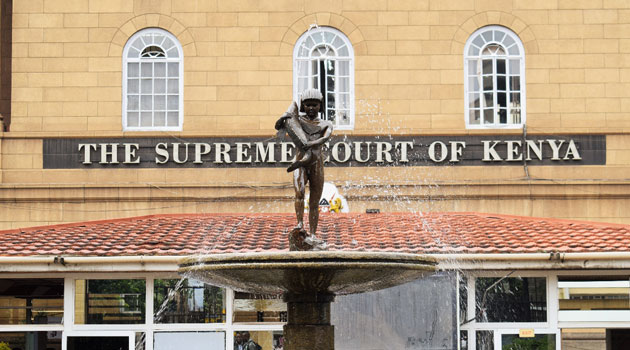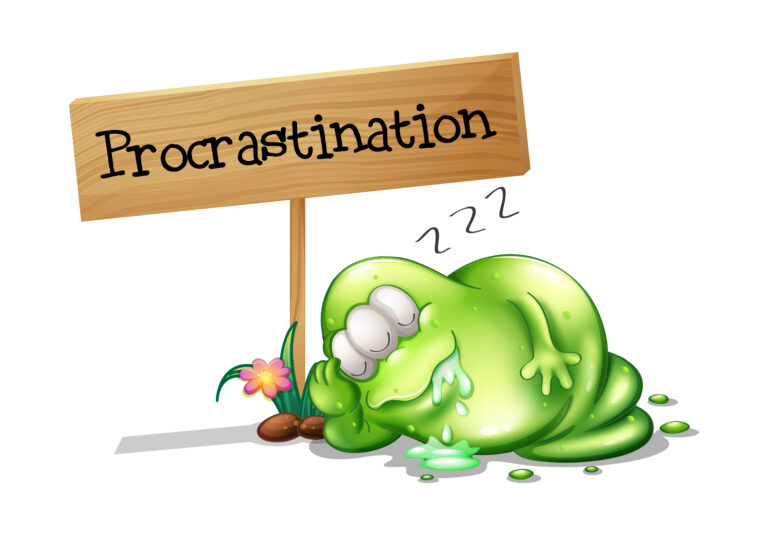Trauma Counselling

Trauma therapy is vital for your mental and physical wellbeing. Traumatic experiences cause a lot of harm to a person’s psychological, emotional, physiological health. At the centre of a person’s traumatic experience is the amygdala responsible for fear conditioning. It rewires the individual’s integration and processing of stimulus and increases sensitivity to stressors.
Anything that is remotely associated with the ordeal hyperstimulates the amygdala. The amygdala activates the sympathetic nervous system, which initiates and sustain the fight, flight or freeze response. The stressor(s) can be anything from intrusive memories to physical and emotional reminders of the calamity.
Living with trauma causes post-traumatic stress disorder (PTSD) due to a hyper-vigilant amygdala is deleterious. The body remains in a prolonged state of anxiety – otherwise known as the stress response. Ultimately, this interferes with your mental health, mood regulation, personality, and causes a plethora of physical ailments. Worse still, without any intervention, the individual may adapt to destructive coping behaviours like substance abuse, self-harm, promiscuity.
What is Trauma Counselling
Trauma therapy is centred on helping a person processes their traumatic experience – emotions, perceptions, behaviour, thinking patterns – to reach a place of self-actualization. It is a haven for a troubled mind to find its bearing. Counselling goes beyond talking to a therapist.
Counselling has more to do with looking within and understanding the trauma. Additionally, therapy must be done with a counselling psychologist. Their experience and expertise in human mental processes and resources will enable you to conqueror the trauma.
Why Is Trauma Counselling Important?
Trauma counselling is crucial to counter the traumatic experience impact in your life and those around you. Through therapy, you get to examine the ordeal, learn from it and overcome its mental hold. Additionally, counselling equips you with the skills to process your memories and find positive coping strategies to grow mental fortitude over stressors.
Going through a traumatic experience without counselling reduces you to your traumatic experience. Trauma dictates the shape of your schemas. Counselling helps you identify these thinking distortions and triggers, enabling you to develop a logical mindset. It also lets you analyze the impact of your coping behaviours on your physical and mental wellbeing. In a nutshell, trauma counselling is a mind empowerment session.
What Does Trauma Counselling Entails?
A counselling psychologist determines the type of treatment suitable for you. The decision is based on your condition, personality- among other things. Psychotherapy takes place in several sessions because mental health is not achieved overnight. A short therapy session takes 6 – 10 weeks, while a long session goes beyond 20 weeks.
Types of Trauma Psychotherapies.
Medication
The therapist can prescribe medication if the trauma is disruptive. Noteworthy, medicine does not resolve the cause of the trauma. It only reduces the magnitude of the manifestation. A traumatic experience can trigger extreme emotions, hyperarousal, irritability, and depression. The function of medicine is to alleviate the symptoms. Pharmacotherapy is always administered with counselling because it is not effective alone.
Behaviour Therapy
In trauma counselling, exposure therapy is the primary behaviour therapy used to help individuals overcome their fears. Exposure therapy is about confronting one’s fears. The therapy operates on the principle that continuous exposure to a stressor reduces its effect and power over an individual. The exposure could be imaginative, virtual reality, or in vivo.
Group Therapy

Group therapy consists of trauma survivors and a counselling psychologist. The shared experiences and support in the group are vital for developing resilience. Like medicine, group therapy occurs alongside individual therapy.
Cognitive Behavioral Therapy (CBT)
CBT aims at correcting a person’s thinking patterns. Trauma debilitates an individual’s ability to become rational in the presence of a stressor. CBT enables the individual to know their triggers, and reason through their thoughts. It diminishes negative thinking and teaches the individual positive coping behaviours when confronted with stressors.
Psychodynamic Therapy
Psychodynamic therapy is vital in identifying an area in the traumatic experience where an individual is stuck. The psychotherapist gets to identify facets of the trauma that hinder the individual from processing and integration the experience.
How can I Get Trauma Counselling in Kenya?
If you would like to talk to a counselling psychologist to help you overcome your traumatic experience, get in touch with us. We have counsellors who can provide a humane and person-centred approach to counselling. We also offer teletherapy as well for individuals who want counselling at the comfort of their homes.

